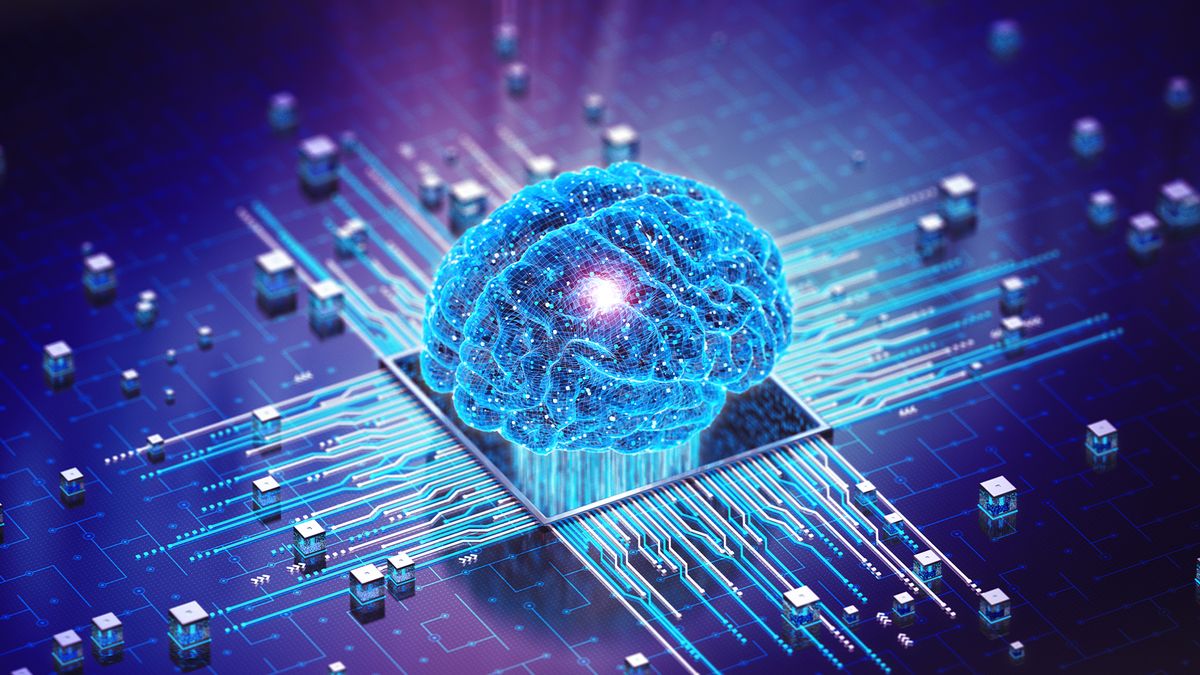Technology is altering our world at an amazing rate! Its sweeping modifications can be discovered all over and they can be referred to as both thrilling, and at the very same time frightening. Although individuals in many parts of the world are still trying to come to terms with earlier technological transformations along with their sweeping social and educational implications - which are still unfolding, they have been woken up to the truth of yet another digital revolution - the AI transformation.

Expert System (AI) innovation refers to the capability of a digital computer or computer-controlled robot to carry out tasks that would otherwise have been carried out by human beings. AI systems are designed to have the intellectual processes that define people, such as the ability to factor, find significance, generalize or learn from previous experience. With AI technology, large amounts of details and text can be processed far beyond any human capacity. AI can also be used to produce a huge range of brand-new content.
In the field of Education, AI technology includes the potential to enable new forms of mentor, learning and academic management. It can likewise enhance finding out experiences and assistance instructor tasks. However, despite its favorable potential, AI also positions substantial risks to trainees, archmageriseswiki.com the teaching community, education systems and oke.zone society at big.
What are a few of these dangers? AI can reduce teaching and learning processes to calculations and automated jobs in manner ins which cheapen the role and influence of instructors and deteriorate their relationships with students. It can narrow education to only that which AI can process, design and provide. AI can also get worse the around the world scarcity of qualified teachers through out of proportion costs on innovation at the expense of investment in human capacity advancement.
The use of AI in education also produces some basic questions about the capability of instructors to act actively and constructively in determining how and when to make cautious use of this technology in an effort to direct their expert growth, discover options to obstacles they face and improve their practice. Such essential questions include:
· What will be the role of instructors if AI technology end up being extensively implemented in the field of education?
· What will assessments look like?
· In a world where generative AI systems seem to be establishing new capabilities by the month, what abilities, outlooks and competencies should our education system cultivate?
· What modifications will be required in schools and beyond to help students plan and direct their future in a world where human intelligence and maker intelligence would seem to have become ever more closely connected - one supporting the other and vice versa?
· What then would be the purpose or function of education in a world dominated by Expert system innovation where humans will not necessarily be the ones opening new frontiers of understanding and understanding?
All these and larsaluarna.se more are daunting concerns. They force us to seriously consider the concerns that occur relating to the implementation of AI technology in the field of education. We can no longer simply ask: 'How do we prepare for an AI world?' We must go deeper: 'What should a world with AI appear like?' 'What functions should this powerful technology play?' 'On whose terms?' 'Who decides?'
Teachers are the primary users of AI in education, wiki-tb-service.com and they are anticipated to be the designers and facilitators of students' knowing with AI, the guardians of safe and ethical practice throughout AI-rich educational environments, and to function as function designs for long-lasting discovering about AI. To assume these duties, teachers need to be supported to develop their capabilities to utilize the potential benefits of AI while reducing its risks in education settings and larger society.
AI tools must never be designed to change the genuine responsibility of teachers in education. Teachers should remain responsible for pedagogical choices in the usage of AI in teaching and in facilitating its usages by students. For instructors to be liable at the practical level, a pre-condition is that policymakers, instructor education organizations and schools presume duty for preparing and supporting instructors in the proper usage of AI. When introducing AI in education, legal securities need to likewise be established to secure teachers' rights, and long-lasting financial dedications need to be made to guarantee inclusive access by teachers to technological environments and fundamental AI tools as essential resources for adapting to the AI era.
A human-centered approach to AI in education is vital - an approach that promotes crucial ethical and

useful concepts to help regulate and direct practices of all stakeholders throughout the whole life cycle of AI systems. Education, offered its function to safeguard along with assist in advancement and knowing, has an unique commitment to be completely familiar with and responsive to the dangers of AI - both the known risks and those only just appearing. But frequently the risks are neglected. Making use of AI in education therefore needs careful consideration, consisting of an assessment of the developing roles teachers require to play and ai-db.science the proficiencies needed of instructors to make ethical and reliable use of Artificial Intelligence (AI) Technology.
While AI uses chances to support teachers in both teaching in addition to in the management of discovering processes, significant interactions in between teachers and students and human flourishing ought to stay at the center of the academic experience. Teachers need to not and can not be replaced by technology - it is vital to safeguard teachers' rights and guarantee appropriate working conditions for them in the context of the growing use of AI in the education system, wiki-tb-service.com in the workplace and in society at large.



